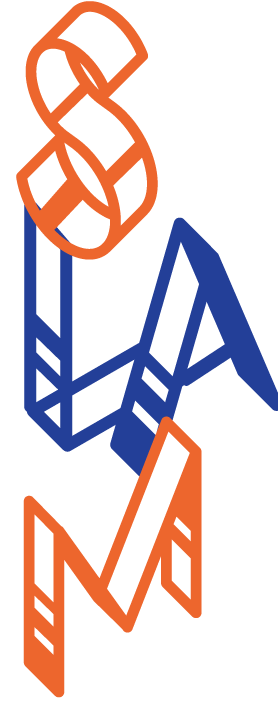September 2024
September has been dedicated as National Recovery Month since 1989. Recovery month aims to honor the progress of those recovering from substance use disorders and raising awareness about the importance of prevention, treatment, and long-term recovery. It spreads the positive message that behavioral health is essential to overall health, prevention works, treatment is effective, and people can and do recover. There are millions of Americans whose lives have been transformed through recovery. These successes often go unnoticed by the broader population; therefore, this month provides a vehicle to celebrate these accomplishments.
The process of recovery is unique to everyone and can include many pathways. It may include clinical treatment, medications, faith-based approaches, peer support, family support, self-care, and other approaches. What may work for one person in recovery may be different for another. Stigma can reduce the willingness of individuals with SUD to get treatment, as well as lead others to feel pity, fear, anger, and a desire to socially distance from those experiencing an SUD (Hadland, 2018). One easy way to tackle this stigma is being mindful about how we speak about substance use. When communicating with individuals who have a substance use disorder, as well as their loved ones and colleagues, it’s important to use language that is Non stigmatizing and grounded in a science-based understanding of SUD (Yang, 2017). We can all contribute to recovery by understanding that it looks a little different for everyone and by supporting friends and loved ones in their individual recovery journeys.
